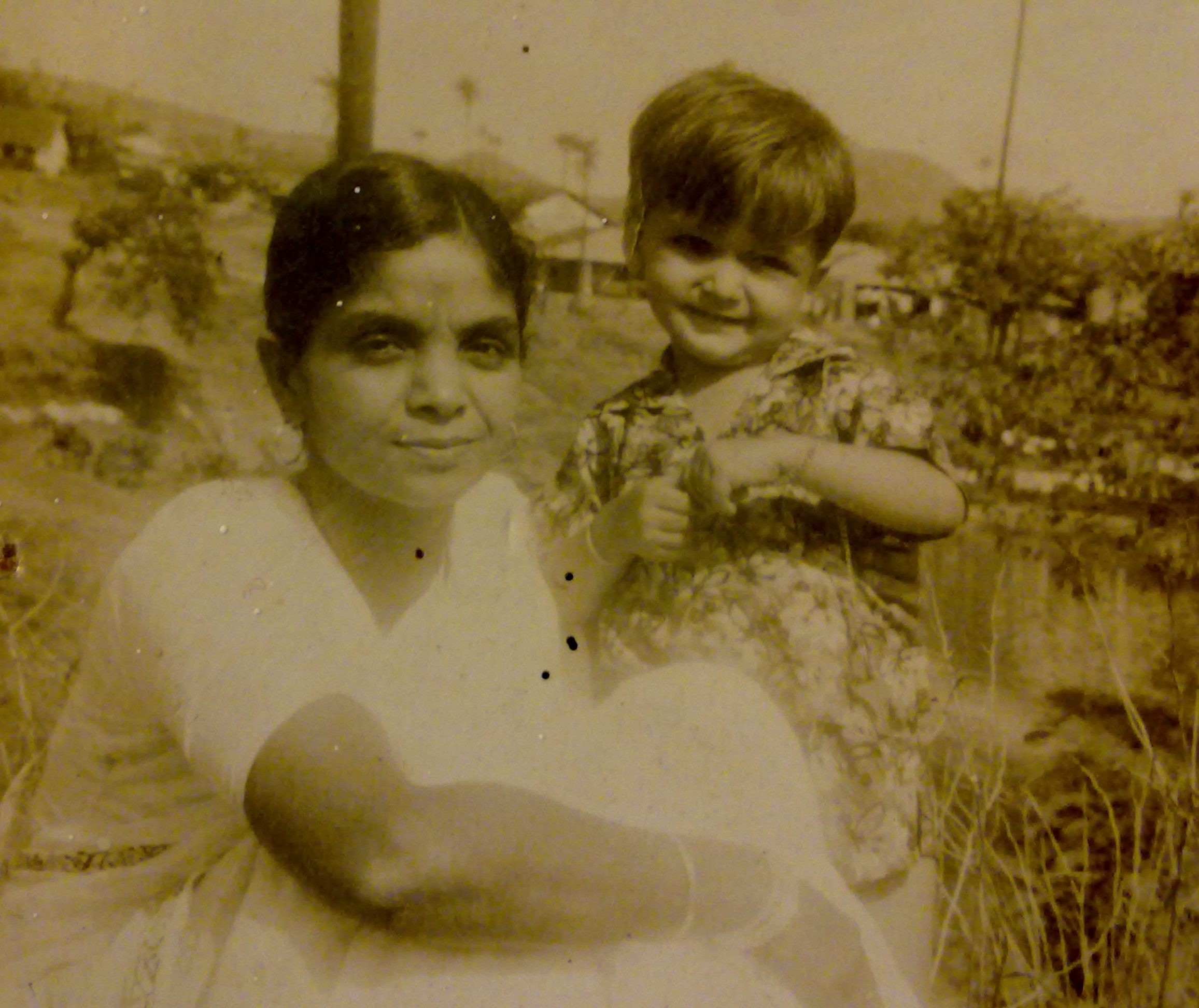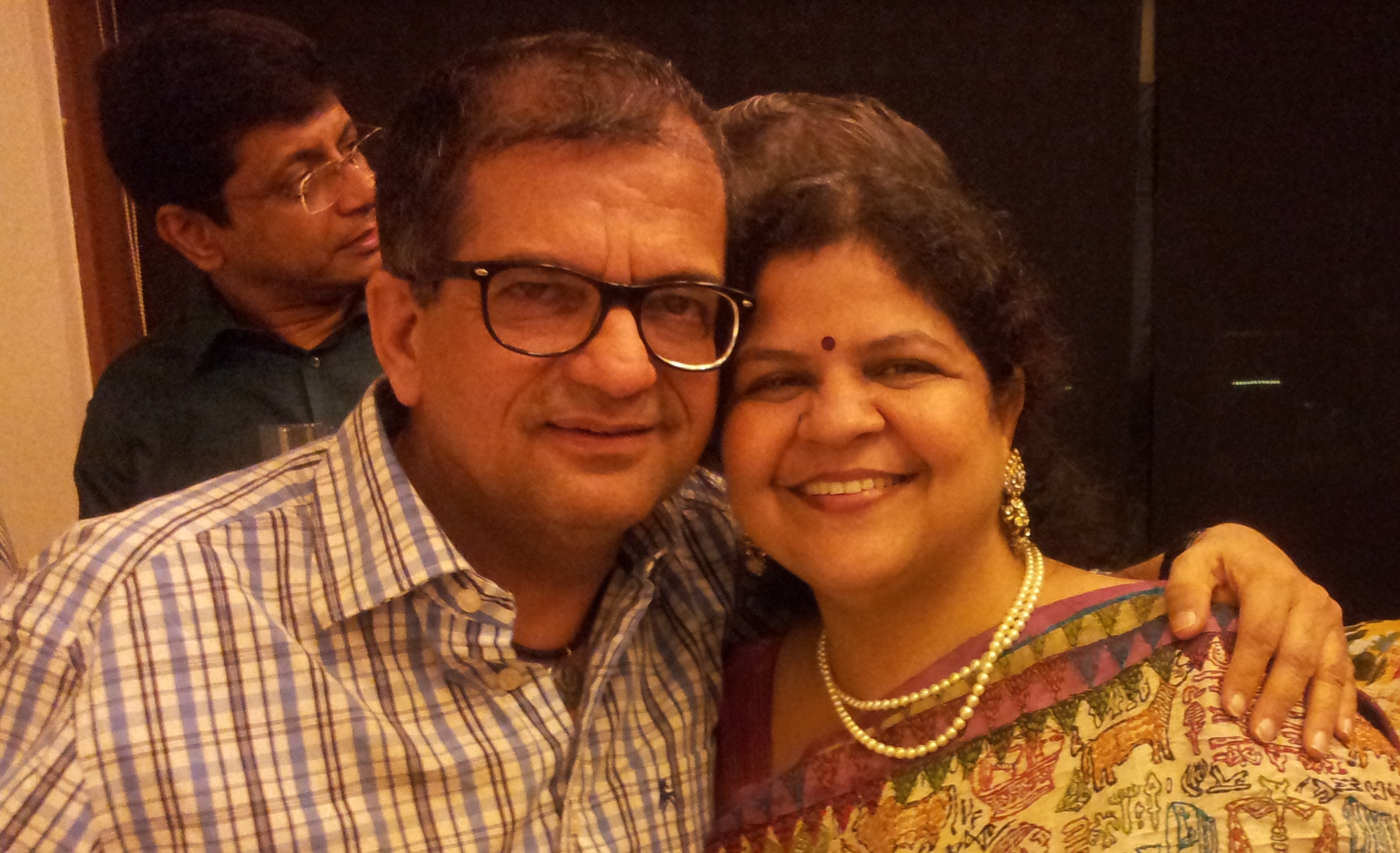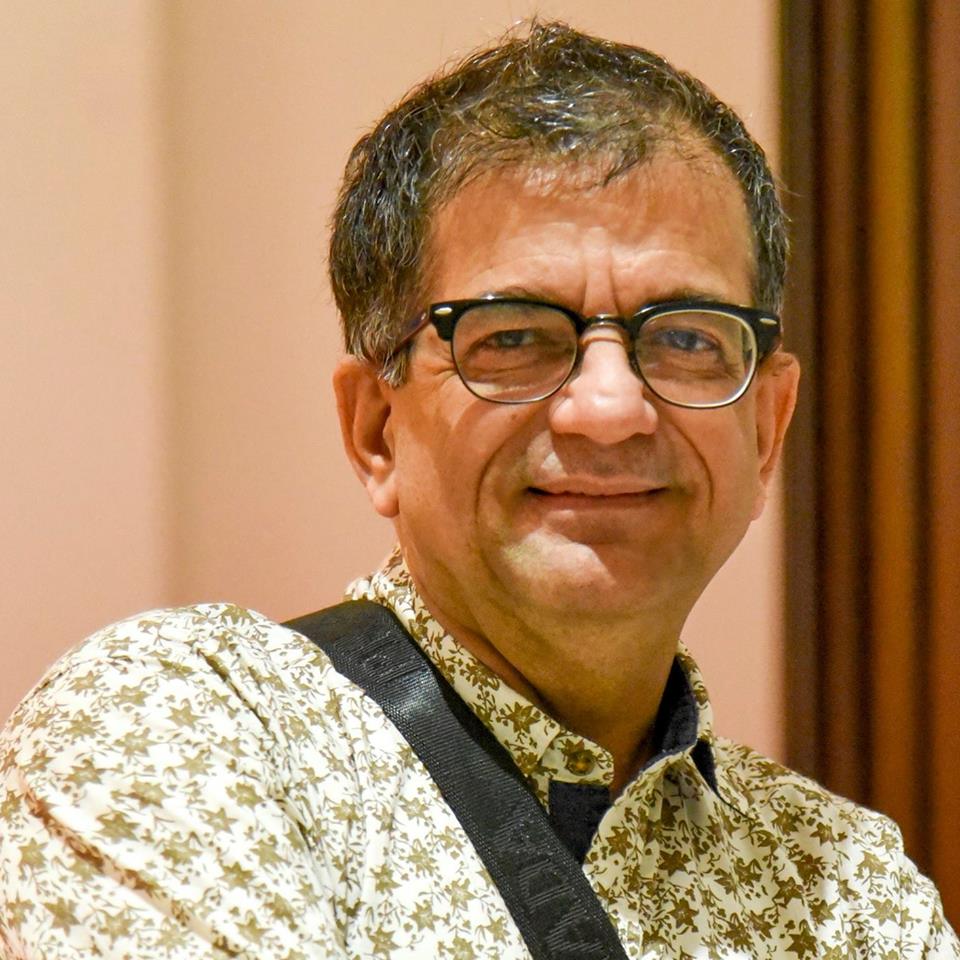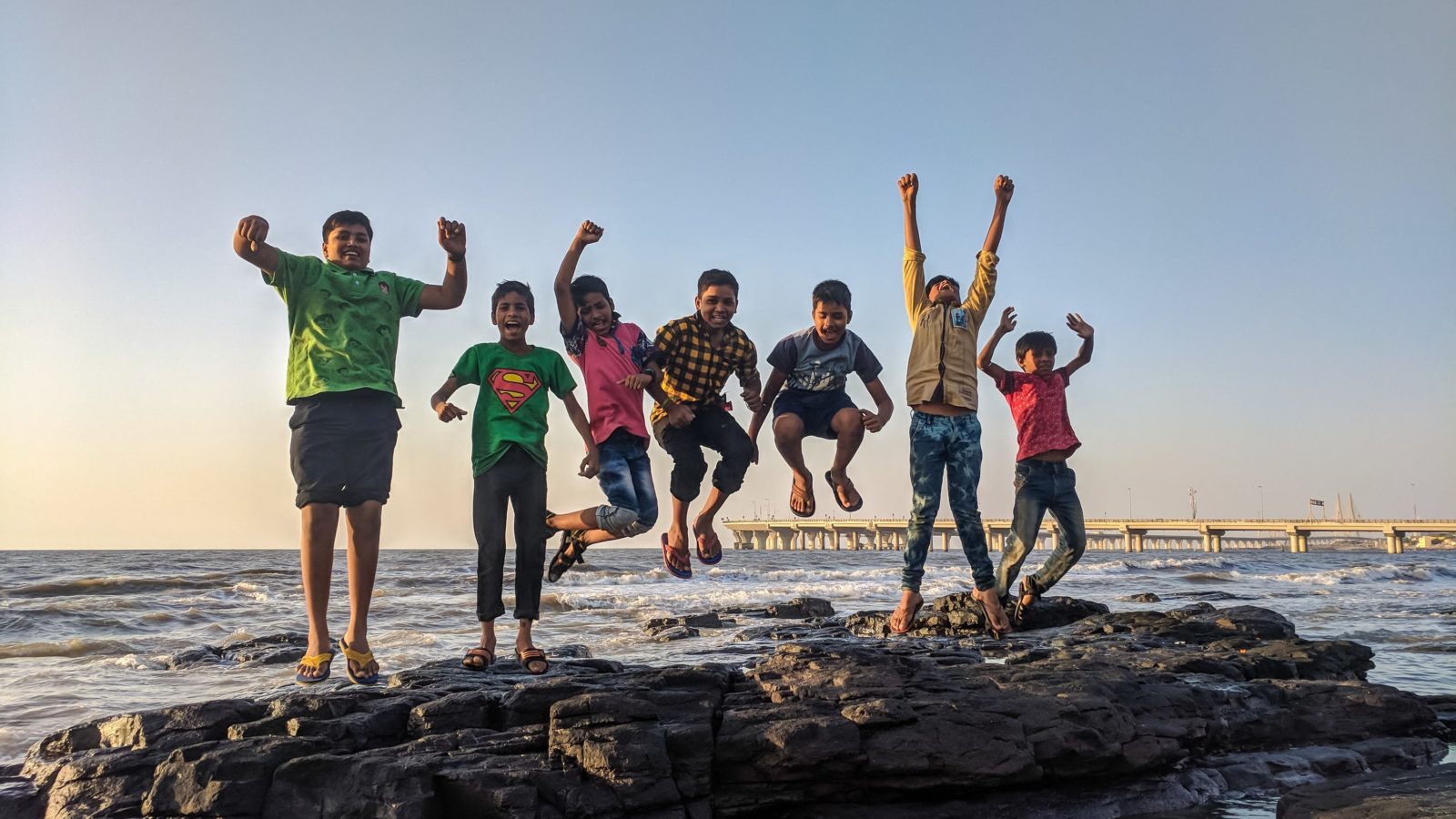
I remember witnessing an argument at home when I was 11 or 12 years old. My father lost his temper and in fury, he kicked a can of kerosene and walked out the house. Kerosene spilled in the entire living room.
My younger sister and I gaped while our elder brother asked our mother if he should clean it. My mother said no, let it be. Let it stink.
An hour or so later my father returned. He was guilty. He said that he shouldn’t have lost his temper and apologised. My mother accepted the apology but asked him to first sweep the floor. She had waited for more than an hour to prove that he couldn’t get away with his rash and unacceptable behaviour.
My mother grew up with brothers whose education was prioritised over her’s, yet she was, in more ways than one, ahead of her time. I remember when I was a teenager I came and asked her why my female friends complained of stomach pain and she explained menstruation to me. This was the mid-1970s.

Catch’em Young
When I look back, I realise that my mother’s contribution in my understanding of gender equality at a very young age is unparalleled.
Ours was a poor home. We struggled. And my mother had made it clear that each child would participate in household chores. As a nine-year-old, I had to help in buying vegetables and groceries. My elder brother had to help with household chores. And by the time my sister was 12, she was helping my mother cook.
Today, it’s a testament to my mother’s teaching that my elder brother who lives in Canada returns home at 5 in the evening and then cooks dinner along with his wife. I am a single man and while I have house help, I do the dishes and chores myself.
My father’s role has been significant too. He was a patriarchal man who accepted that I was gay but insisted that the family needs a daughter-in-law. Yet, he wanted my sister to be economically independent. I guess, some of my mother’s qualities rubbed on to him as well.
Even as my mother was my first teacher, I am also a product of what I learnt in all my environments—at home, at school, in my society. Somewhere, I learnt. And I continue to learn. I used to make the mistake of saying: why are you crying like a girl? It took me a while to admit that I cry a lot and it helps me.
I’m open to learning, whereas many aren’t. All genders have been complicit in furthering patriarchy. My friend, for instance, recently asked: Why do parents send their girls to co-ed schools and then complain about boys teasing? Send them to girls’ schools.
It doesn’t occur to her how conditioned she is. But then again, the responsibility shouldn’t just be of the mother but of the whole family. The conversation can no longer be “boys will be boys” but that boys will be what boys are taught. And here, even men have to be held accountable.
(As told to Apekshita Varshney)
Want to share your story of how you thrive? Write to us at [email protected]


